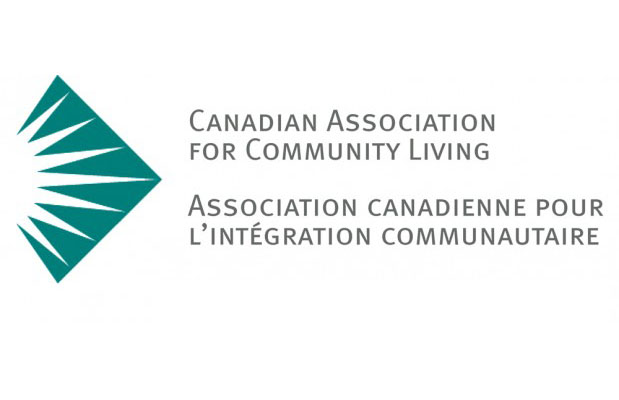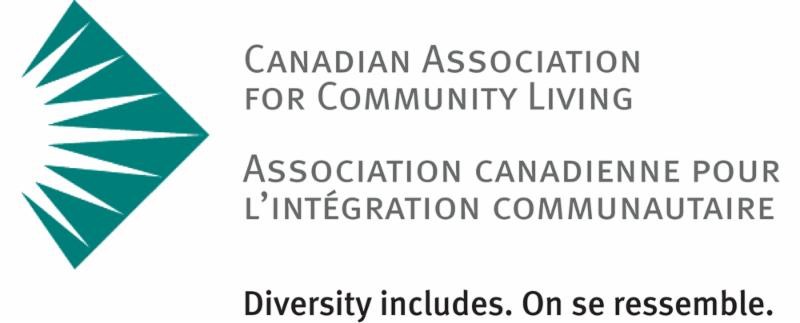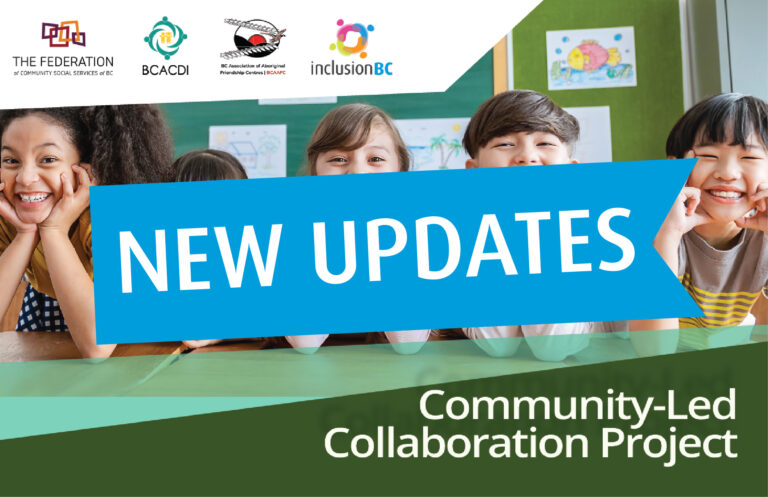
The Canadian Association for Community Living (CACL), our national federation, has issued this cautionary press release in response to a new report from the expert panel on medical assistance in dying (MAiD). Inclusion BC unites with CACL in opposing any changes to the end of life criterion within the current legislation that would remove protections to persons with disabilities.

FOR IMMEDIATE RELEASE
December 19, 2018
The Evidence is in: Limit Access to Assisted Death for the Sake of Equality
______________________________________________________
TORONTO, ON – The Council of Canadian Academies’ (CCA) issued a landmark report last week that makes clear why medical assistance in dying (MAiD) must be restricted to those at the end of life. Their analysis shows that if Parliament were to repeal the end-of-life criterion in the current law, assisted death would need to be made available to anyone with a perceived ‘mental disorder.’ Experts advising the CCA say that any condition defined by the American Psychiatric Association in the ‘Diagnostic and Statistical Manual of Mental Disorders’ (‘the DSM’) would need to be eligible, which would include people with intellectual disabilities, autism, gender dysphoria and over 200 other conditions.
While the Government of Canada commissioned the CCA reports to consider in part the implications of expanding access to those with ‘mental illness’ who are not already dying, the CCA concluded that Parliament could not reasonably change the law to include just this group. Regrettably, the CCA failed to seek any input on the implications of so vastly expanding the terms of reference they were given to include, for example, people with intellectual disabilities. Canadian and international experts advising the Council made clear that if the end-of-life criterion were to be removed from the MAiD legislation, opening up access only to those with mental illness could not be ethically, legally or medically justified.
Krista Carr, Executive Vice-President of the Canadian Association for Community Living (CACL) said, “When CACL intervened at the Supreme Court of Canada in the Carter case, we cautioned the court that the ever-widening access we see in Belgium and the Netherlands, now including children and people ‘tired of life’ and those with intellectual and other cognitive disabilities, could come to Canada once access was provided even for a small group. Parliament, in its wisdom, heard this caution. It did the right thing in drawing a line in the law that a person must be reasonably near the end of life to be eligible, similar to the laws in the U.S. Legal and other experts advising the CCA provided evidence that should make it clear to Parliament and to all Canadians that this line must be held.”
CACL has long advocated that assistance in dying be restricted to those at end of life in order to protect the liberty and equality rights of persons with disabilities. Accordingly, the organization has opposed, and continues to oppose, access based solely on mental illness.
Opening access to a vast array of conditions including depression, anxiety, bipolar disorder, intellectual disability, and autism sends only one message: living with these realities can be a fate worse than death, and so much so that Canada would be justified in terminating lives on that basis. Canada is a world leader in a ‘gender-based plus’ policy and legal analysis, and the government has just introduced federal legislation for an accessible and inclusive Canada for people with disabilities. There is no place in Canada for an equation where disability is a sole condition for ending life, as the CCA report makes clear would result if the end of life criterion were to be removed. CACL will be issuing a comprehensive commentary on the CCA reports in January 2019, at www.cacl.ca.
– 30 –
Media Contact: Natalia Hicks, National Coordinator, Life Worth Living, CACL, nhicks@cacl.ca
CACL is a national federal of 13 provincial/territorial associations, over 400 local associations and more than 40,000 members working to advance the full inclusion and human rights of people with an intellectual disability and their families.


